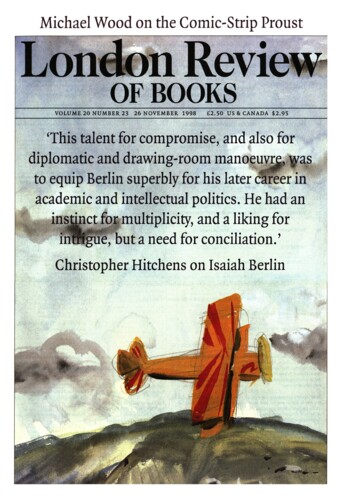The proliferation of books on the history of European witchcraft, which has been such a feature of the past fifteen years or so, is itself an interesting phenomenon. The relationship between these scholarly writings and the popular interest in the occult is far from easy to assess; with a few regrettable exceptions, their tone has been rigorously sceptical, seeking to uncover the social and intellectual roots of what they unequivocally see as a delusion. In contrast to earlier rationalists such as Joseph Hansen, H.C. Lea or R.H. Robbins, however, modern specialists are inclined to take popular beliefs much more seriously. If the recent occultist vogue has done nothing else, it has at least undermined confidence in a steady progress from superstition to rationality. Earlier simplifications once discarded, and the history of persecution studied in detail, it becomes impossible to accept any of the ‘conspiracy theories’ which lay the blame primarily on the cupidity of judges, the credulity of clerics, or the cruelty of the Inquisition. It is now plain, moreover, that witchcraft commonly gave rise to great divergences of opinion, not hard-and-fast orthodoxies, even if the balance of such opinions may have differed as between regions, confessions and social or professional groups. One of the greatest common merits of the two books under review, so different in many respects, is that they emphasise the extent and severity of these disagreements. In this respect, as in many others, the study of witchcraft enables us to penetrate to an exceptional depth beneath the surface of early modern society; the imaginary nature of the crime renders it a peculiarly sensitive barometer of shifts in attitudes at various levels. This alone would be a more than sufficient justification for the attention given to the subject. In addition, it is notable how many of the recent contributions not only produce striking new evidence, but tend to raise as many questions as they solve; the subject is far from being exhausted.
Unclean Spirits: Possession and Exorcism in France and England in the Late 16th and Early 17th Centuries by D.P. Walker. The Witches’ Advocate by Gustav Henningsen. The proliferation of books on the history of European witchcraft, which has been such a feature of the past fifteen years or so, is itself an interesting phenomenon. The relationship between...


